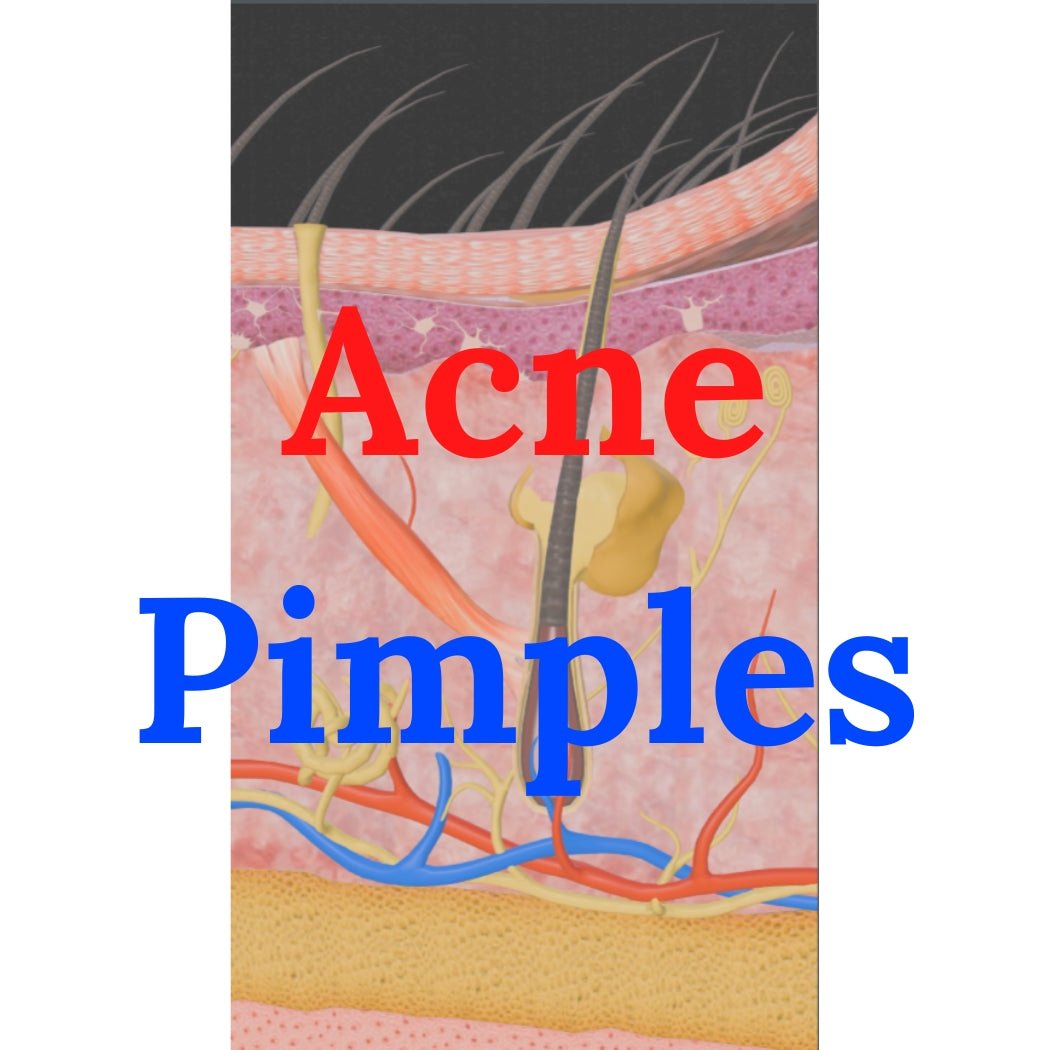The Science of Acne: Understanding Its Causes, Treatments, and Impact
Acne is more than just a common skin condition; it's a complex biological process influenced by genetics, lifestyle, and environmental factors. This article will explore the scientific underpinnings of acne, including its causes, treatments, and the psychological impact it can have on individuals. Whether you're a teenager grappling with the first signs of acne or an adult dealing with persistent outbreaks, understanding the science behind acne can empower you to manage your skin health more effectively.
What is Acne?
Acne, scientifically known as Acne Vulgaris, is a chronic inflammatory skin condition characterized by blackheads, whiteheads, pimples, and deeper lumps (cysts or nodules) that occur on the face, neck, chest, back, shoulders, and upper arms. According to the American Academy of Dermatology, acne is the most common skin condition in the United States, affecting up to 50 million Americans annually.
The Physiology Behind Acne
The development of acne is a result of several interrelated processes:
- Sebum Production
The sebaceous glands produce sebum, an oily substance that helps protect and moisturize the skin. Driven by hormonal signals, particularly androgens (male hormones like testosterone), these glands can produce excess sebum during puberty, menstruation, and stress.
- Clogged Pores
Skin cells typically shed naturally, but in acne-prone skin, these cells can stick together and are trapped in the oil within the pores, leading to clogging.
- Bacterial Growth
Propionibacterium acnes (P. acnes) bacteria thrive in oily, anaerobic environments. When pores are clogged, these bacteria multiply rapidly, breaking the sebum into irritating fatty acids and contributing to the inflammatory response.
- Inflammation
The body's immune system reacts to the bacteria and the fatty acids by sending white blood cells to fight the infection. This leads to inflammation, which presents as red, swollen, and painful pimples.
Treatment Options
Over-the-counter (OTC) Treatments
These typically include topical treatments with benzoyl peroxide, which kills bacteria, and salicylic acid, which helps clear blocked pores.
Prescription Medications
For more severe cases, doctors may prescribe retinoids (vitamin A derivatives that disrupt the clogging process) or antibiotics (topical or oral) to reduce inflammation and bacterial count.
Hormonal Treatments
These are often effective for women whose acne flares up due to hormonal fluctuations and may include oral contraceptives or anti-androgen agents.
Advanced Therapies
Options such as chemical peels, laser therapy, and photodynamic therapy can help treat stubborn acne and reduce the risk of scarring.
Psychological Impact of Acne
Acne is not just a cosmetic issue; it can significantly impact mental health. Studies have shown that acne can lead to reduced self-esteem, depression, and anxiety. It's crucial for sufferers to not only treat the physical symptoms but also seek support for the emotional toll that acne can bring.
Preventive Measures and Lifestyle Changes
Diet
Emerging research suggests a link between diet and acne, particularly diets high in sugars and dairy products. Adopting a balanced diet with foods with low glycemic index can potentially reduce outbreaks.
Skincare
Gentle cleansing and non-comedogenic (non-pore-blocking) products can help manage acne. However, excessive washing and harsh scrubbing can exacerbate symptoms.
Stress Management
Since stress can worsen acne, finding effective stress management techniques—such as yoga, meditation, and adequate sleep—can help reduce outbreaks.
Acne is a multifaceted condition with various triggers and effects on the body. Understanding its scientific causes and treatments can demystify this common condition and lead to more effective management strategies. For anyone struggling with acne, a combination of medical treatment, lifestyle adjustments, and psychological support can provide a comprehensive approach to managing both the symptoms and the impact of this skin condition.

